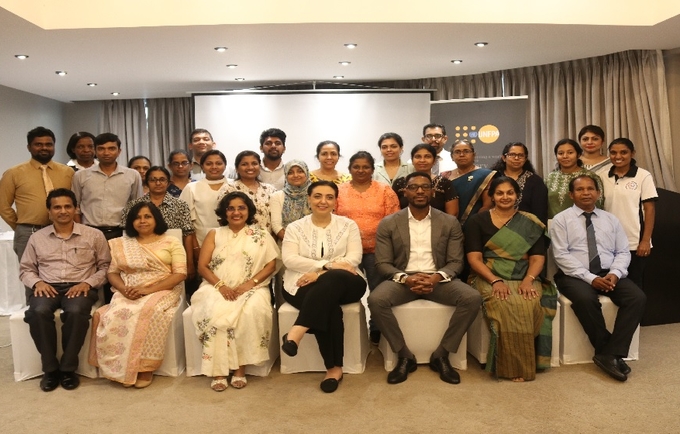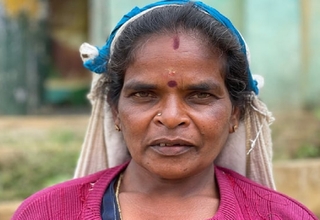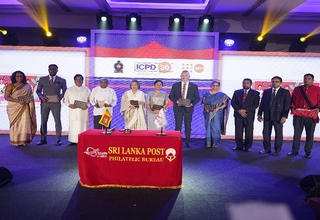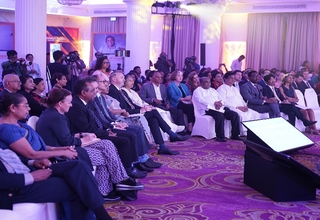Sexual assault, rape and other forms of gender-based violence are common in complex emergency settings. Sexual violence especially rape, has a huge impact on people’s health. It goes beyond the individual survivor’s physical health, where the consequences can range from relatively minor injuries to severe injuries that lead to death or permanent disability, sexually transmitted infections (STI/HIV), Pelvic Inflammatory Disease, Infertility, chronic pain syndrome, unwanted pregnancy, unsafe and complicated abortion and preterm labor.
Given the above, the health sector has a role to respond to sexual violence through -
- Provision of clinical care
- Offer first line psychological support
- Collect forensic evidence
- Refer for further crisis intervention
Therefore, in collaboration with other sectors, and with the consideration of the guiding principles of safety, confidentiality, respect and non-discrimination, health sector does contribute to prevent sexual violence and stigmatization in addition to improved access to care by sexual violence survivors. Through the existing gender-based violence referral pathway mechanism (Mithuru piyasa) and care centers, and the Ministry of Health, a total of 131 CMR participants/health care providers identified and trained and supported with the relevant resources in order to be able to provide the clinical care to sexual violence survivors.
Health care providers are part of the response and prevention, and their expertise and compassion support communities in leading healthier lives. The Ministry of Health and the Government of Australia recognised the importance of this programme. The trained health workers conduct trainings in their regions to share the knowledge and skills they gained. The health workers are able to effectively assist survivors of gender-based violence with a survivor centered approach.
UNFPA Sri Lanka continues to build partnerships in the health sector to provide the care women and girls deserve.




